Guinea's Referendum Campaign Ends Amid Opposition Boycott and Junta Dominance
- by Editor
- Sep 19, 2025
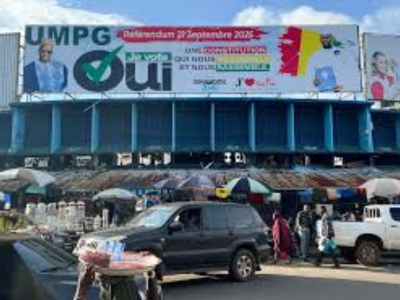
Credit: Freepik
Campaigning for a pivotal constitutional referendum wrapped up in the Republic of Guinea's capital yesterday, with fervent pro-junta rallies dominating the streets, while opposition voices remained conspicuously absent, underscoring the military government's tight grip on the transition process ahead of Sunday's vote that could pave the way for leader Mamadi Doumbouya's presidential bid.
Supporters of Colonel Doumbouya, who seized power in a 2021 coup against President Alpha Condé, flooded Conakry with reggae concerts, Quran readings, and prayers, their trucks and billboards emblazoned with the interim president's image. Public buildings and roadsides bore "Yes" slogans urging approval of a new charter that omits a prior ban on junta members running for office, potentially clearing Doumbouya's path to the December presidential election.
With 6.7 million eligible voters, the referendum requires at least 50% turnout to pass, a threshold critics doubt amid suppressed dissent.
The opposition's silence stems from suspensions of key parties, including Cellou Dalein Diallo's Union of Democratic Forces and Condé's Rally of the Guinean People, for alleged administrative lapses—moves decried as pretexts to stifle debate. Exiled Diallo branded the vote a "masquerade" and called for a boycott, while Human Rights Watch accused the regime of disappearing opponents, suspending media, and banning protests since 2022.
Reporters Without Borders highlighted attacks on journalists and low literacy rates limiting access to critical print outlets. Doumbouya's administration, which missed a 2024 transition deadline, frames the charter as a step toward civilian rule, introducing a Senate and extending presidential terms from five to seven years (renewable once). Yet, the absence of "No" campaigning has fueled accusations of a power grab, with international observers monitoring for fairness.
The vote, set for September 21, follows a draft unveiled in July and aligns with ECOWAS pressures for democratic restoration in a nation plagued by coups alongside Mali, Niger, and Burkina Faso. As Guinea navigates this crossroads, the referendum's outcome could either legitimize the junta or ignite further unrest in a bauxite-rich economy strained by delays and rights concerns.


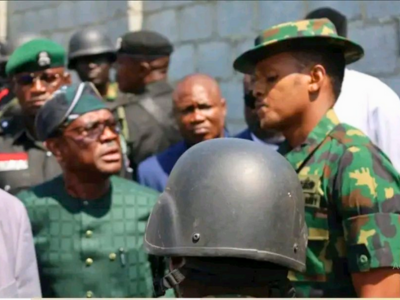

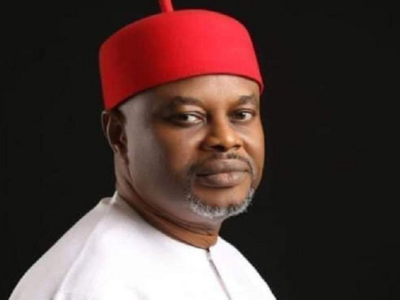
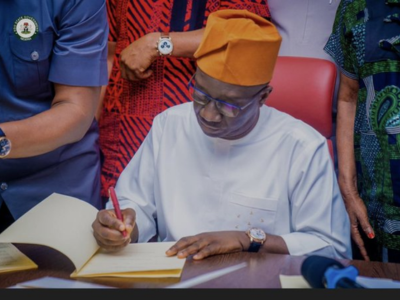
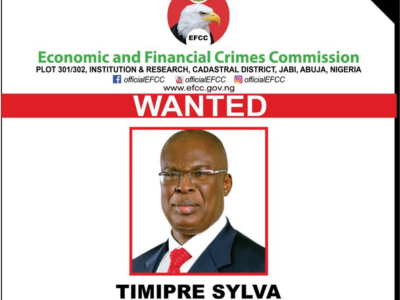

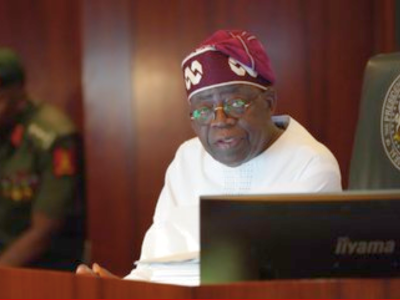
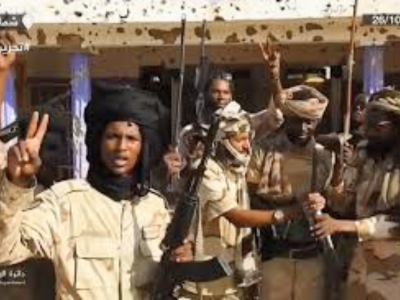
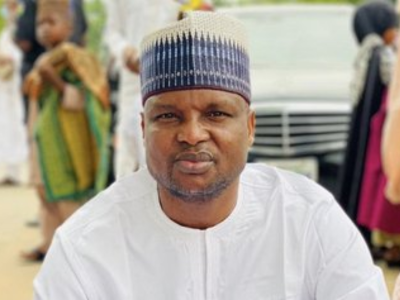
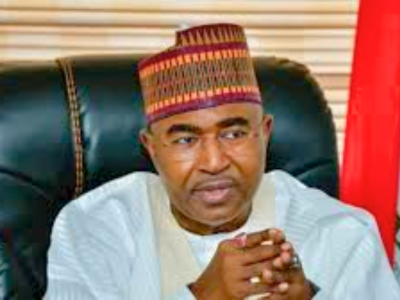
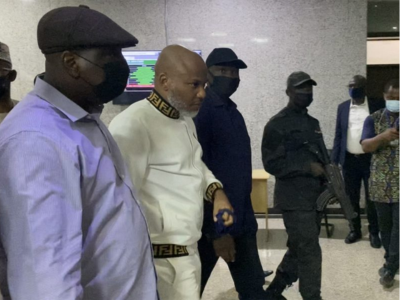
0 Comment(s)